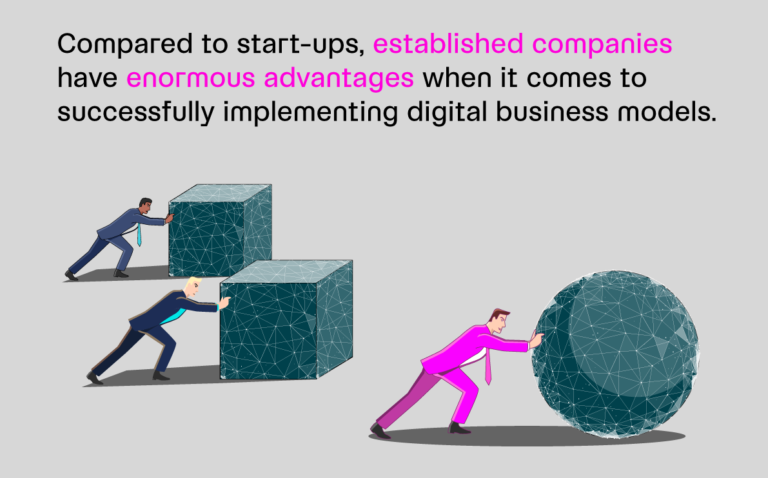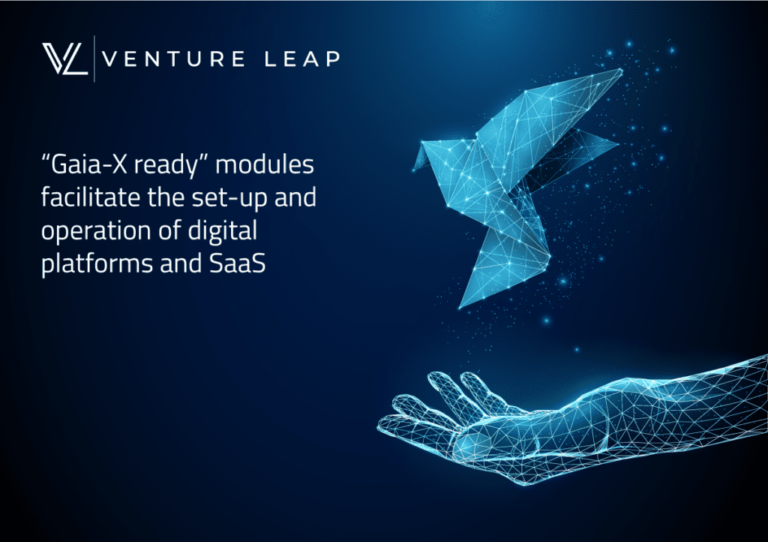If you want to build a business that is not only financially successful but also has the power to change the world, you need to understand the principles behind the circular economy.
We recently discussed this topic with our partner Chaos & Struktur. As a result, we then wanted to investigate how these thoughts can be applied to digital products.
Here at Venture Leap, we are trying to embrace the virtues of the circular economy throughout our business. But in many cases, it is not straightforward to do so.
What is the Circular Economy?
The circular economy is a system that seeks to eliminate waste to produce a sustainable economy that is healthier for the planet and the people working in the economy.
Under the traditional economic model, waste is produced at almost every stage. Much of the waste ends up as air, water, or soil pollution. There are also significant economic costs for dealing with waste. Companies have to pay to move, treat, and contain the waste. Downstream consumers also incur additional water-related costs.
The circular economy tries to make production a closed loop. More efficient processes are used in the making stage, so little to no waste is generated. Any waste generated is reclaimed and reused. Products that go out into the world are remade and recycled instead of thrown away at the end of their lifecycle.
While the goal of the circular economy is to make businesses more environmentally friendly, the circular economy mindset can also help enterprises to be more profitable, even digital businesses.
Sustainability of Digital Products
When the focus of your business is creating digital products, it’s easy to believe your business doesn’t have a waste issue. You aren’t manufacturing anything or using any raw resources. However, even digital companies have waste.
Computers use electricity. Chances are most of the electricity your customers use is not from a sustainable source. One extreme example of the waste a digital ecosystem can generate is the amount of power used to mine cryptocurrencies.
According to several estimates, global Bitcoin mining consumes as much as electricity as the nation of Switzerland, and the trend is towards even greater energy consumption in the future. As mentioned before, this is not the only reason we are very skeptical about Bitcoin/Blockchain technologies.
What can you do to run a digital company that is compatible with the circular economy?
You can monitor your firm’s energy consumption. If you have an office, make sure it is energy efficient. Try and only use sustainable energy to power your offices. Develop a recycling plan to deal with all the waste that your team generates each day, including paper, plastic, and food waste.
If you can have team members work remotely, your business will generate less waste.
When designing digital products, take processing power requirements into account. If you can make your product less taxing on a server or local workstations, you will be reducing waste by conserving electricity.
The circular economy is more than a plan to waste less. It is a different business mindset.
Embracing a Circular Economy Mindset
If you want to embrace the circular economy, repeating the mantra of “reduce, reuse, and recycle” isn’t enough. You need to internalize the idea of creating a closed system where everything has a purpose, and nothing is wasted.
This mindset can go beyond physical waste. Businesses that never waste the time or intellectual capital of their teams have a competitive advantage over less organized firms. The MVP mindset we are following at Venture Leap goes in exactly that direction: build what is useful, improve from feedback, produce less clutter and waste.
Instead of discarding ideas, reshape them and build upon them to create something better.
If you look at your people as a resource that you need to treat sustainably, you will build trust, and your team will be more engaged and loyal.
The long-term success of your business doesn’t depend on a single digital product—it depends on the innovation and dedication of your team.
Waste Reduction and Increased Efficiency as Profit Drivers
Running your business so that it is compatible with the circular economy isn’t just good for the planet; it’s good for your bank account. The reduction of physical and mental waste helps drive profits.
It lowers your costs and increases your level of innovation. Your entire business culture becomes more efficient. You create a virtuous circle where everyone starts looking for new ways to remake or recycle products, ideas, as well as boxes and bottles.
The more your team focuses on reducing waste and increasing innovation, the more useful your digital products will be, and the more efficiently they will run. Customers will be attracted to working with you because your business stands for something and delivers superior results to your more wasteful competitors.
Recommended Reading and next steps
A very good resource dedicated to Circular Economy is the Ellen MacArthur Foundation. Another good starting point (with a questionable design) is the Circular Economy page by the European Commission. Also, we recommend the Hub for Circular Economy.
If you want to learn how you can implement these principles into your business, get in touch with us.




